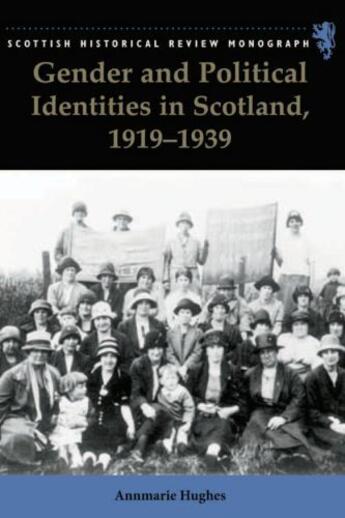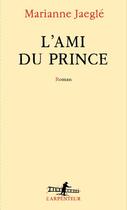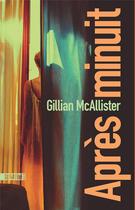-
Nombre de pages : (-)
-
Collection :
(-)
-
Genre :
(-)
-
Thème :
Non attribué
-
Prix littéraire(s) :
(-)
Résumé:
This work offers a unique contribution to gender and Scottish history breaking new ground on several fronts: there is no history of inter-war women in Scotland, very little labour or popular political history and virtually nothing published on women, the home and family. This book is a history... Voir plus
This work offers a unique contribution to gender and Scottish history breaking new ground on several fronts: there is no history of inter-war women in Scotland, very little labour or popular political history and virtually nothing published on women, the home and family. This book is a history of women in the period which integrates class and gender history as well as linking the public and private spheres. Using a gendered approach to history it transforms and shifts our knowledge of the Scottish past, unearthing the previously unexplored role which women played in inter-war socialist politics, the General Strike and popular political protest. It re-evaluates these areas and demonstrates the ways in which gender shaped the experience of class and class struggle. Importantly, the book also explores the links between the public and private spheres and addresses the concept of masculinity as well as femininity and pays particular reference to domestic violence. The strength of the book is the ways in which it illuminates the complex interconnections of culture and economic and social structure. Although the research is based on Scottish evidence, it also uses material to address key debates in gender history and labour history which have wider relevance and will appeal to gender historians, labour historians and social and cultural historians as well as social scientists.
Donner votre avis














